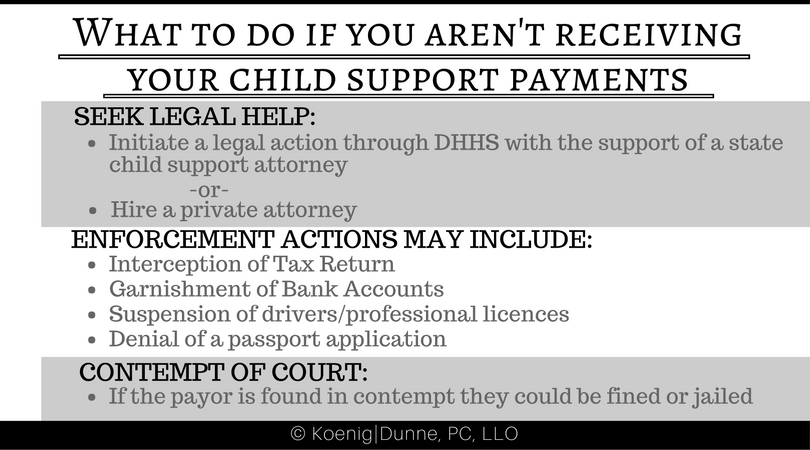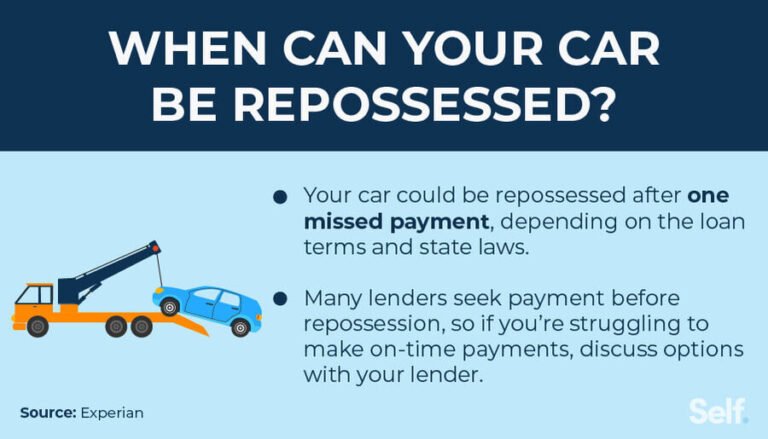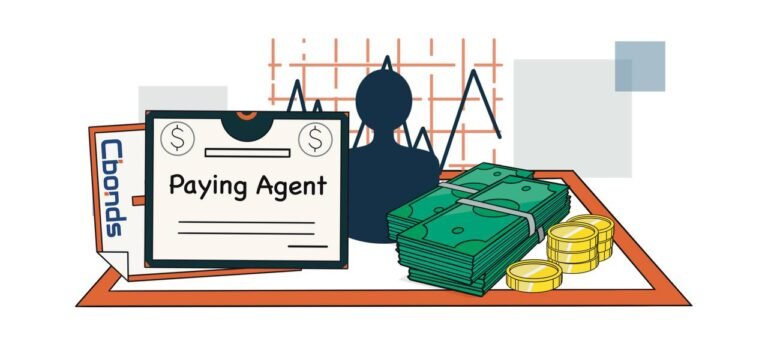なぜ養育費が全額支払われないのか:解決策
Are you feeling frustrated because you’re not receiving your full child support payments? You’re not alone.
Many parents face this issue, and it can be both emotionally and financially draining. You rely on these payments to support your child’s well-being, and when they fall short, it can leave you feeling anxious and overwhelmed. Understanding why this is happening is the first step towards finding a solution.
We’ll delve into the common reasons behind incomplete child support payments and explore practical steps you can take to address the problem. Stay with us as we uncover the insights you need to regain control and ensure your child’s needs are met.
Common Reasons For Partial Payments
Parents may earn less money than before. This can cause smaller child support payments. Income changes affect how much support one can pay.
Losing a job means less money to pay bills. Job loss can lead to missing child support payments. Unemployment makes it hard to pay full amounts.
Some people choose to work fewer hours. Voluntary underemployment causes a lower paycheck. This choice affects child support payments.
Life can bring unexpected costs. Financial hardships like medical bills can change payment amounts. These costs make it tough to pay full support.
Legal Enforcement Options
Child Support Enforcement Agencies help parents receive their payments. These agencies locate non-paying parents. They monitor payment schedules. They ensure payments are made. They can take action against non-compliance. This includes reporting to credit bureaus. They even suspend driver’s licenses. These steps often encourage payment. Parents can contact these agencies for help.
Courts can hold parents in contempt for not paying support. This is a serious legal issue. Parents may face fines. Jail time is also possible. Judges enforce these orders strictly. Contempt charges send a strong message. They show the importance of paying support. Parents should follow court orders to avoid these penalties.
Income withholding orders deduct support from paychecks. Employers send payments directly to the recipient. This process ensures regular payment. It reduces missed payments. Courts issue these orders to enforce support. Parents must inform their employers about these orders. This helps ensure timely payments.
Property liens secure unpaid child support. Liens attach to property owned by the non-paying parent. This can include homes or land. Liens prevent selling without payment. They ensure support obligations are met. Property liens can be a strong tool for enforcement. Parents should pay support to avoid liens on their property.
Negotiating With The Payer
Mediation can help solve payment problems. A neutral mediator listens to both sides. They help find a fair solution. It is cheaper than going to court. Both parties must agree to mediation. The process is not forced. The mediator does not decide the outcome. They only guide the discussion.
Sometimes, old agreements need change. Life situations can change over time. Revisiting the agreement may solve payment issues. Both parties should discuss any changes. Adjustments may make payments fairer. This approach can reduce conflict. It may also ensure better understanding.
Temporary payment plans can help in tough times. The payer may have financial problems. This plan helps until they are stable again. Both parties must agree to this. It should have clear terms. The plan should have a set time limit. It must be fair for both sides.

Modifying Child Support Orders
Parents can file a motion to change child support. The motion asks the 裁判所 to look at the current order. This can help when circumstances change. Reasons might include job loss or increased expenses. Filing a motion is the first step. It starts the process to レビュー support orders.
Important papers must be ready for the court. These include pay stubs, tax returns, and expense lists. Accurate information helps the judge make a fair decision. Missing documents can delay the process. All documents must be complete そして truthful. This helps in getting the right support amount.
The court hearing is where decisions happen. Both parents share their side. The judge listens and asks questions. The decision is based on facts and laws. Courtroom rules must be followed. Being respectful and clear is important. Final orders are given by the judge. These orders must be obeyed.
Financial Assistance Programs
Many people can get help from government aid programs. These programs support families with financial needs. They offer funds for housing, food, and education. It is important to check if you qualify. Each program has its own rules. Applying is usually simple. You may need to fill out forms. Some help is quick. Other help might take time.
Non-profit organizations can be a great source of help. They offer support to families in need. Many provide free resources and advice. Some even offer financial assistance. They work with communities to find solutions. Reaching out to them can open new doors.
Local community centers often have resources for families. They can guide you to the right support. Many have free workshops and classes. They teach skills to manage money better. Some even offer child care support. It is a great way to connect with others. Together, communities can provide strong support networks.

Seeking Legal Advice
Families face many challenges. A family lawyer can help solve them. They understand laws. They know how to handle child support issues. Lawyers can explain your rights. They can guide you on what to do next. Legal advice is important. It helps you get what you deserve.
Not everyone can pay for a lawyer. Free legal aid services are available. They offer help without charging money. You can find these services in your area. They help with legal questions. They assist in preparing documents. Legal aid can be a great support.
Experts know the law well. Consulting with them can be useful. They can answer hard questions. They offer advice on child support. Consultations can be brief. But they provide valuable insights. Legal experts can make things clearer.

よくある質問
Why Are Child Support Payments Delayed?
Child support payments can be delayed due to administrative errors or changes in employment. Sometimes, the payer may face financial difficulties. It’s important to contact the relevant child support agency for assistance. Ensuring accurate contact and banking details can prevent delays.
What Can I Do If Payments Are Missed?
If child support payments are missed, immediately contact your local child support agency. They can help enforce the payment. Legal action may be necessary if the issue persists. Document all missed payments and any communication with the payer. This documentation can be crucial if legal steps are required.
How Can I Track Child Support Payments?
Most child support agencies offer online portals for tracking payments. You can register to monitor payment history and current status. This service helps ensure transparency and accountability. Regularly checking the portal can help address any discrepancies promptly. Contact the agency if you notice any irregularities.
Are Payment Modifications Possible?
Yes, payment modifications are possible if there’s a significant change in circumstances. Either party can request a review. This could be due to job loss or increased financial responsibilities. Contact your child support agency to initiate the modification process. Providing documentation can support your request effectively.
結論
Understanding why full child support payments aren’t received is crucial. Start by checking the payment process. Ensure all paperwork is correct and up-to-date. Speak with legal aid if issues persist. They can guide you on next steps. Consider communication with the other parent.
Clear discussions may resolve payment delays. Stay informed about your rights. Knowledge empowers you to take the right actions. Keep records of all transactions and communications. This documentation helps in case of disputes. Remember, securing your child’s financial support is important.
Taking proactive steps can make a big difference.




